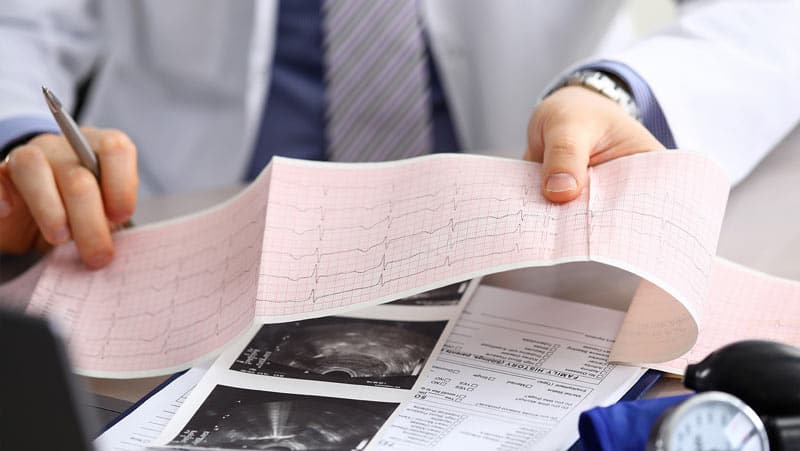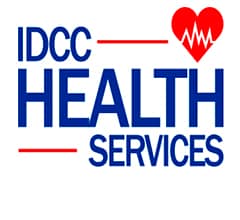Cardiology. A realm dedicated to the heart and its countless rhythms. But, have you ever stopped to ponder how many specialists it takes to keep this crucial organ ticking and in good health? By the end of our journey today, you’ll understand precisely what the types of cardiologists are and what each one brings to the table.
Explore cardiology specialties at Cardiology Doctors in Brooklyn. Prioritize your heart health – book an appointment today.

1. General (Non-invasive) Cardiologist
The Basics
A non-invasive cardiologist is often the frontline in cardiac care. They specialize in detecting and managing heart diseases using non-invasive methods. For most people with heart issues, this type of cardiologist is typically the first they’ll encounter.
Typical Procedures and Tests
- Electrocardiograms (ECGs)
- Echocardiograms
- Stress tests
Who Benefits the Most?
Individuals experiencing heart problems for the first time or those referred by their primary care doctor for further evaluation.
2. Cardiac Electrophysiologist
The Basics
Delving deeper into the heart’s electrical system, these specialists are experts in diagnosing and treating irregular heart rhythms or arrhythmias.
Typical Procedures and Tests
- Catheter ablation
- Implanting pacemakers
- Electrophysiology study
Who Benefits the Most?
Those experiencing irregular heartbeats, palpitations, or have been diagnosed with a specific arrhythmia.
3. Interventional Cardiologist
The Basics
This type deals with the “interventions” of heart conditions, primarily using catheters to work on the heart without major surgery.
Typical Procedures and Tests
- Angioplasties
- Stent placements
- Valve repairs
Who Benefits the Most?
Patients with blocked arteries, heart valve disorders, or specific congenital heart conditions.
4. Heart Failure/Transplant Cardiologist
The Basics
These experts manage patients with heart failure, and those deemed suitable might proceed to heart transplant procedures.
Typical Procedures and Tests
- Echocardiograms
- Heart transplant evaluations and procedures
Who Benefits the Most?
Individuals with advanced heart failure or those considering a heart transplant.
5. Pediatric Cardiologist
The Basics
Children’s hearts are unique, and so is their care. These specialists diagnose and treat heart conditions in children.
Typical Procedures and Tests
- Fetal echocardiograms
- Congenital heart disease management
Who Benefits the Most?
Children or even fetuses showing signs of heart abnormalities.
Connecting with Cardiology Experts in Brooklyn
If you’re in Brooklyn and in search of renowned heart specialists, here’s where you might find them:
- Cardiology Doctors in Brooklyn NY: Renowned for offering a comprehensive range of heart care services.
- Cardiology Brooklyn: Known for their top-notch facilities and patient-centric approach.
- Cardiology Downtown Brooklyn: Situated conveniently for easy access and housing some of the city’s best heart specialists.
Every heartbeat tells a story, and in the world of cardiology, there’s a specialist for each tale. The heart might be a singular organ, but ensuring its optimal function is a multi-faceted affair. Whether you’re experiencing your first heart flutter or managing a lifelong condition, there’s a type of cardiologist out there, trained and ready to assist.
